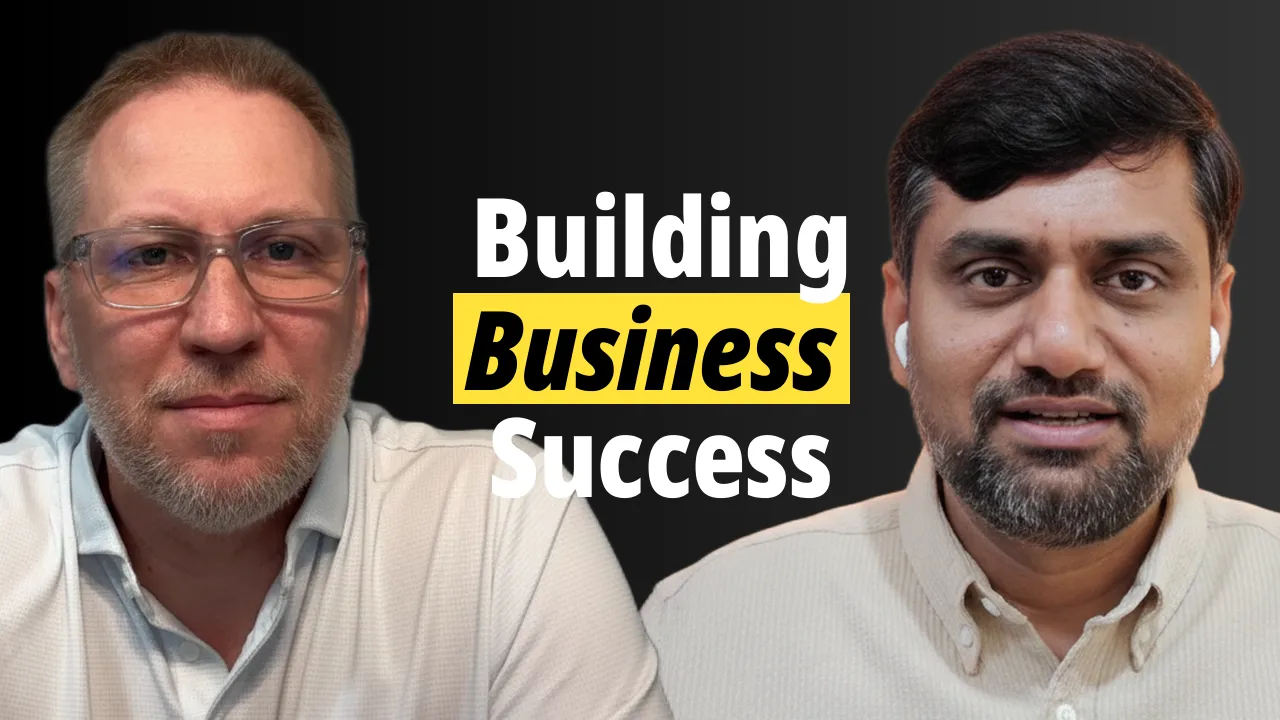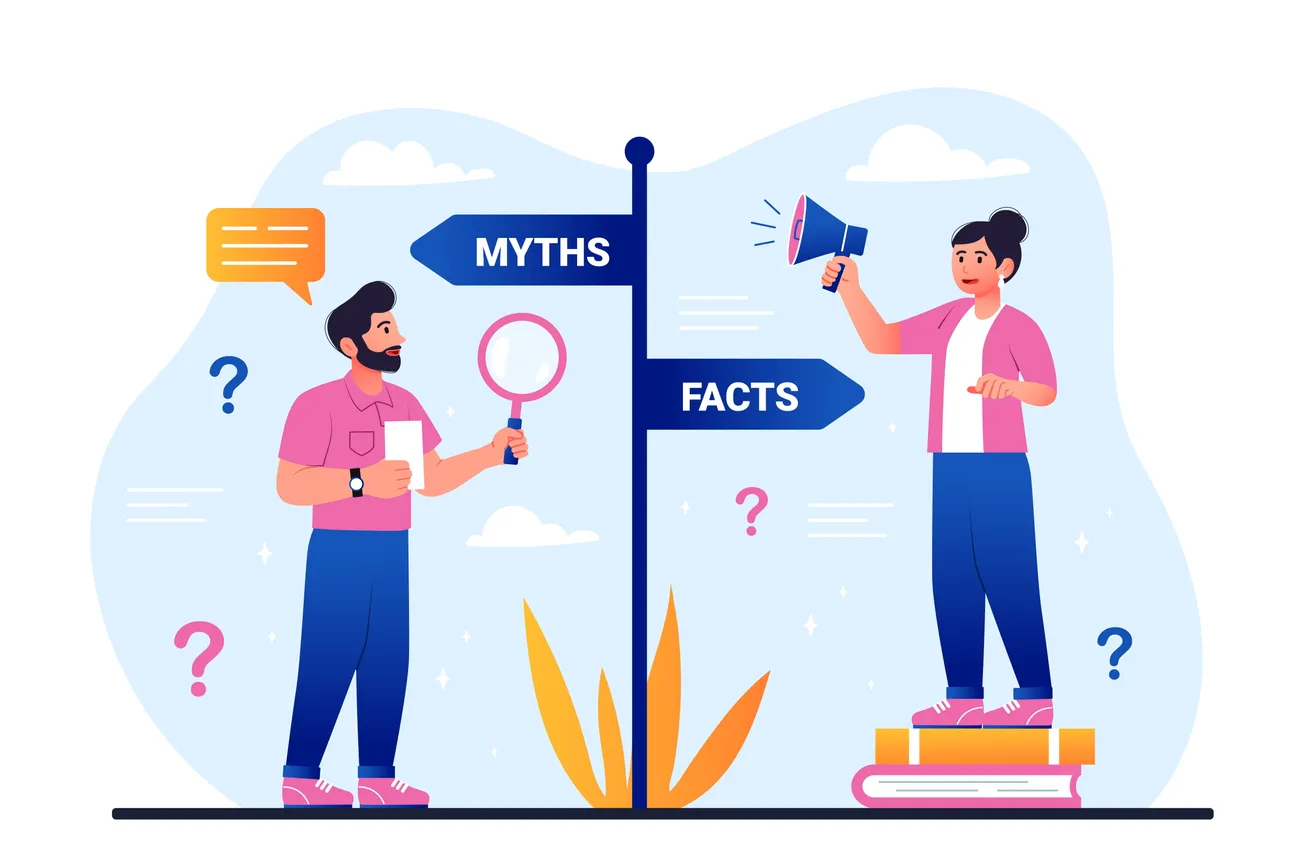Creating an online business model gives owners unlimited options when it comes to marketing. However, the main objective remains the same as traditional advertising methods: attracting as many eyes and traffic to your website as possible. This can be done in a variety of ways, but one of the most cost-effective and effective ways to promote your business is through PPC advertising.
1. What Is PPC?
PPC stands for “pay-per-click”, a type of online advertising. Businesses can display their ads on search engines like Google, when those ads are clicked, the business pays the search engine a fee. This partnership works to the advantage of both parties and can result in optimizing viewership and profits for your business.
Search engine advertising is one of the more popular types of PPC. When you do a Google search, the links that appear at the top with the “ad” label underneath them are examples of PPC ads. These spots are highly sought after, and advertisers can bid on them each time someone enters a specific query. Oftentimes they can link to a specific item or product available for purchase, but they can also provide links for services and businesses.
Purchasing this space is far easier than trying to rank your site organically, but more competitive keywords like “personal injury lawyer” may require you to bid a considerable amount of money. So if you’re new to PPC, you may want to start with more specific phrases.
Every time one of these links is clicked by a visitor, the company pays a small fee to the search engine providers. So, generally, PPC is a partnership between a utility like a search engine and the business that is paying to be posted.
2. Choosing Keywords
When it comes to PPC, it’s all about your choice of keywords. Compiling a keyword list is a primary way of strategizing to maximize your PPC and in turn, site traffic. The ideal keywords should be:
- Relevant to your brand. Ensure that your viewership is effective as well as performative. Views only go so far if they aren’t generating interest.
- Specific. While less common, keywords that are long-tail are a large percent of search-driven traffic and are also less expensive. The more specific a phrase or keyword is, the fewer competitors will be vying for those same ones.
- Think Like a Customer. Say you own a pest control business. Your first thought might be to use keyword phrases that include “pest control”. But many people don’t Google “pest control”. Instead, they search for questions like “how to get rid of cockroaches in my bathroom”.
3. How to Maximize Your Business with PPC
For those newer to the online marketing world, there are several ways to improve and maximize your profits through PPC. Here are a few suggestions:
- Take Advantage of Educational Resources. Training courses like those offered by theparallelprofits.com can help utilize your business’ selling potential and improve your business management skills through PPC.
- Assess Competing Businesses & Products. Monitoring your competing brands is a main component of business no matter where or what you are selling. Evaluate the range and demographics of your target audience and determine what sets you apart from your competitors. The more you differentiate yourself from competitors, the more you will stand out as a prospective brand or business to viewers and consumers.
- Create a Marketing Plan. When it comes to pricing, a good way to start is to avoid underselling your brand. If you price too low, you will fall into a sometimes oversaturated subgroup of other brands that are also attempting to be the “lowest price”. In addition, customers may undervalue your product or even come to expect low prices and discounts at all times. Likewise, if you undersell yourself, some customers may wonder what the catch is. A better strategy is to price your brand in the middle range and focus on why your product is different from the rest, rather than the cost.
4. Outsourcing
If you are new to PPC but want to utilize the benefits it provides, you may want to consider outsourcing some white label PPC management experts more highly trained in elements such as Google AdWords. These teams are built to provide support, guidance, and helpful tips when it comes to effectively manage and promote your brand. Newer businesses may also utilize these teams as a type of crash course in management and marketing that may transition a smaller company into a more high profile position.
While it is an extra cost, an effective PPC business model can generate large amounts of profit in a very short time, earning you back the cost plus some extra. By educating yourself on how to better utilize PPC, you will not only strengthen your business model but also improve your skills as a business owner.





